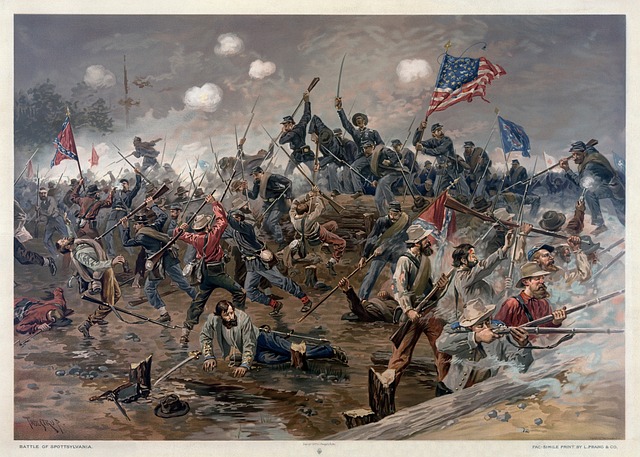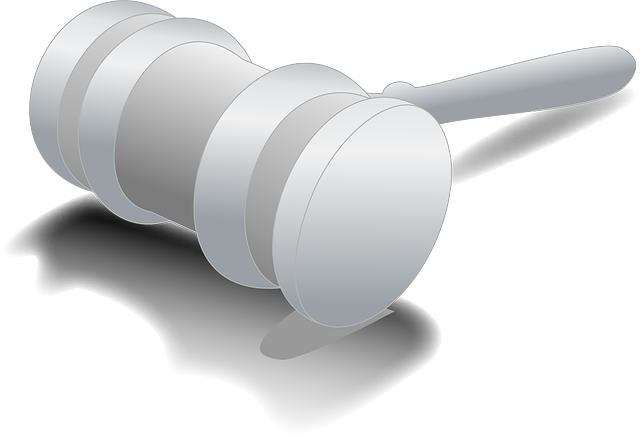Contempt of court cases arise from various non-compliance issues, including direct disruptive behavior, indirect actions hindering judicial duties, civil disobedience, and criminal offenses undermining justice. Legal expertise is crucial for resolution, as skilled attorneys navigate complex procedures, interpret orders, identify breaches, propose solutions, and negotiate agreements to avoid escalating tensions. Strategic approaches involve proactive communication, robust evidence gathering, clear legal guidance, mediation, technology use, and emotional support systems to achieve peaceful and efficient resolutions, as seen in successful case studies involving skilled legal counsel.
Contempt of court cases pose significant challenges for individuals and organizations alike. This article delves into the intricacies of resolving these disputes with legal expertise, providing a comprehensive guide for navigating complex scenarios. We explore various types of contempt, the pivotal role of legal knowledge in dispute resolution, and strategic approaches to handling such matters effectively.
Through real-world case studies, we demonstrate successful resolutions achieved through meticulous legal tactics, offering valuable insights into addressing common challenges in contempt disputes.
- Understanding Contempt of Court Cases: Definition and Types
- The Role of Legal Expertise in Dispute Resolution
- Strategic Approaches to Handling Contempt Matters
- Common Challenges and Effective Solutions for Contempt Disputes
- Case Studies: Successful Resolutions Through Legal Expertise
Understanding Contempt of Court Cases: Definition and Types

Contempt of court cases arise when an individual or entity fails to comply with a court order, disobeys judicial proceedings, or shows disrespect for the authority of the court. This can encompass various actions, including failing to appear in court as directed, refusing to provide evidence, or willfully ignoring injunctions and restraining orders. Understanding the nuances of these cases is crucial for resolving disputes effectively.
There are different types of contempt, categorized based on the nature of the offense. Direct contempt occurs when someone engages in disruptive behavior within the courtroom, while indirect or constructive contempt involves actions taken outside the court that hinder the court’s ability to fulfill its duties. Civil contempt focuses on non-compliance with orders related to civil matters, while criminal contempt deals with offenses that undermine the administration of justice in criminal proceedings.
The Role of Legal Expertise in Dispute Resolution

Legal expertise plays a pivotal role in resolving contempt of court cases effectively. Attorneys skilled in contempt law possess an in-depth understanding of the complexities involved, enabling them to navigate the intricate procedures and rules associated with such disputes. They guide clients through the process, ensuring compliance with judicial orders and helping to avoid escalating tensions that could lead to more severe penalties.
Expert legal counsel is instrumental in interpreting court orders, identifying potential breaches, and proposing solutions. Through strategic negotiations, they can facilitate agreements that address the underlying issues while maintaining respect for the court’s authority. This approach not only resolves the immediate contempt but also fosters a collaborative environment, promoting long-term adherence to legal requirements in future matters.
Strategic Approaches to Handling Contempt Matters

When navigating contempt of court cases, strategic approaches are vital to achieving a favorable outcome. One key strategy is proactive communication. Before matters escalate into formal legal proceedings, encouraging open dialogue between the parties can resolve many contempt issues. This approach not only saves time and resources but also fosters an environment conducive to mutual understanding and respect for legal obligations.
Additionally, building a robust case is essential. Legal experts emphasize gathering comprehensive evidence, meticulously documenting interactions, and understanding the specific contempt allegations. By employing these strategic measures, individuals or organizations can effectively defend themselves against accusations, ensuring that their actions align with legal requirements and judicial expectations in contempt of court cases.
Common Challenges and Effective Solutions for Contempt Disputes

Contempt disputes can be complex and emotionally charged, often requiring a delicate balance between upholding legal standards and resolving conflicts. Common challenges in these cases include communication breakdowns, where parties may be unwilling or unable to express their sides clearly; understanding the specific contours of court orders, which can be vague or overly technical; and navigating the emotional intensity that often accompanies allegations of contempt.
Effective solutions involve a multi-faceted approach. Clear and concise legal advice is crucial, ensuring all parties grasp the implications of their actions and words. Court-ordered mediation can facilitate open dialogue and collaborative problem-solving, breaking down communication barriers. Additionally, utilizing technology to streamline documentation and order clarification can enhance efficiency and reduce misunderstandings. Finally, establishing support systems for emotionally distressed individuals involved in contempt disputes can mitigate potential escalations, promoting a more peaceful resolution process.
Case Studies: Successful Resolutions Through Legal Expertise

Contempt of court cases often require a delicate balance between upholding legal integrity and finding resolutions that are just and fair. Legal expertise plays a pivotal role in navigating these complex situations, as demonstrated by several successful case studies. For instance, consider a scenario where a party failed to comply with a court order, leading to accusations of contempt. Skilled legal counsel stepped in, analyzing the specifics of the order and its non-compliance. Through strategic negotiations, they crafted a settlement that not only addressed the violation but also provided a framework for future adherence, preventing further escalation into a full-blown contempt dispute.
Another compelling case involves a public figure accused of contumacy due to their refusal to provide evidence in a legal proceeding. Legal professionals with expertise in such matters employed innovative strategies, including exploring alternative avenues for evidence production and leveraging relevant laws and precedents. This approach led to a mutually agreeable solution where the individual’s rights were respected while still ensuring the integrity of the judicial process. These successful resolutions highlight how specialized knowledge and strategic thinking can transform seemingly intractable contempt disputes into opportunities for fair and lasting resolutions.






